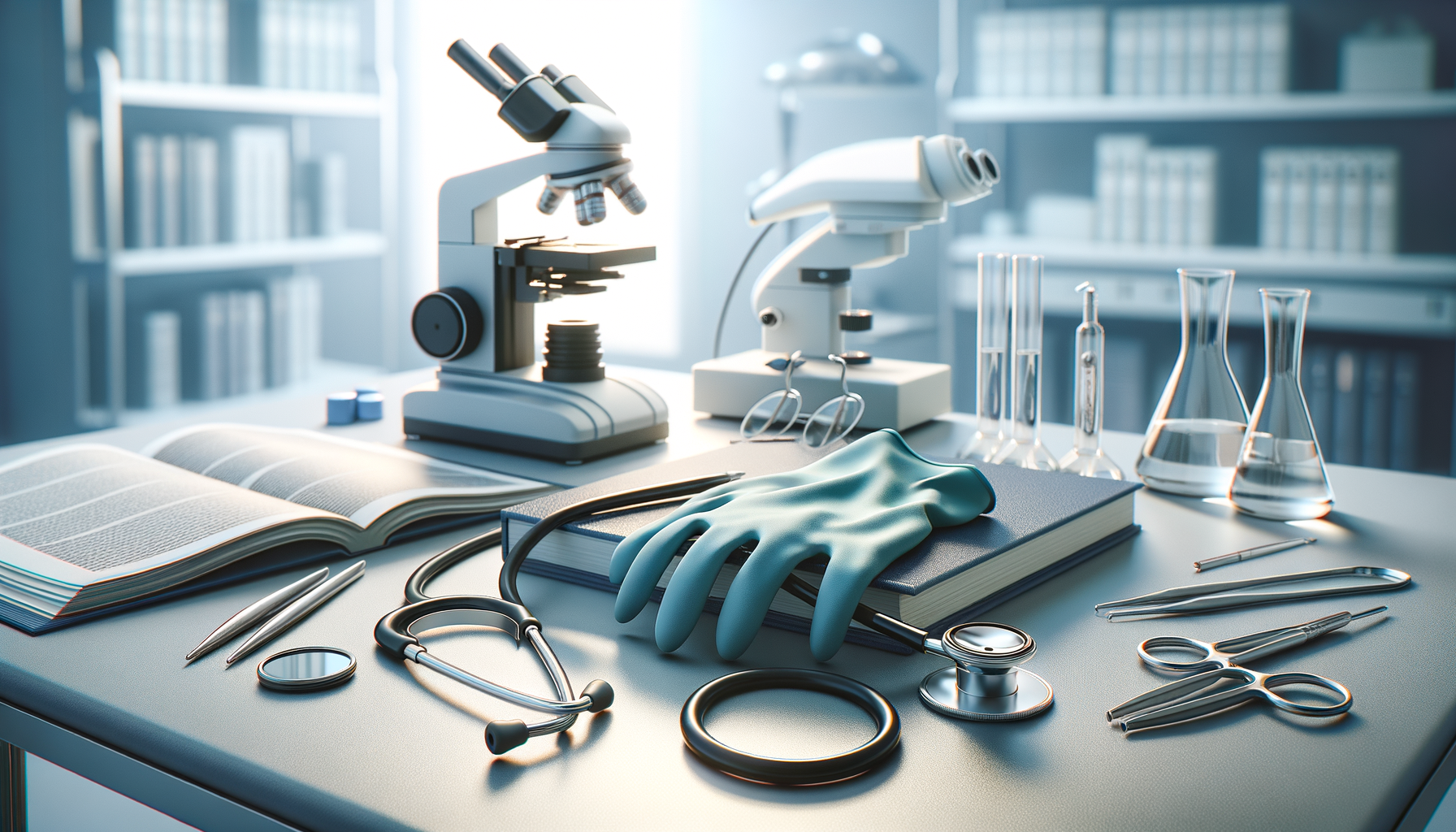
The Path to Becoming a Medical Professional: An In-Depth Look at Medical Training
The Foundations of Medical Training
Medical training is a multifaceted process that begins with a strong foundation in the sciences. Aspiring medical professionals typically start with undergraduate studies, focusing on subjects such as biology, chemistry, and physics. These courses provide the essential knowledge base required for more advanced medical education.
Beyond the classroom, students engage in laboratory work and practical experiences that hone their analytical and problem-solving skills. This foundational phase is crucial, as it prepares students for the rigorous demands of medical school. Admissions committees often look for candidates who have demonstrated a commitment to science and a passion for healthcare, as evidenced by their academic performance and extracurricular activities.
In addition to academic qualifications, medical training emphasizes the development of soft skills. Communication, empathy, and teamwork are essential attributes for any healthcare professional. Programs often incorporate opportunities for students to interact with patients and healthcare teams, allowing them to practice these skills in real-world settings. This holistic approach ensures that future doctors are not only knowledgeable but also compassionate and effective communicators.
Medical School: A Crucible of Learning
Medical school is where the theoretical knowledge acquired during undergraduate studies is transformed into practical skills. Students delve into subjects such as anatomy, physiology, pharmacology, and pathology, gaining a comprehensive understanding of the human body and its functions. The curriculum is designed to challenge students, pushing them to integrate and apply their knowledge in clinical settings.
Clinical rotations are a pivotal component of medical school, providing students with hands-on experience in various medical specialties. These rotations allow students to apply their learning in real-world environments, working alongside experienced physicians and healthcare professionals. Through these experiences, students gain insight into different fields of medicine, helping them make informed decisions about their future specializations.
Moreover, medical school fosters critical thinking and decision-making skills. Students are encouraged to engage in research projects, case studies, and problem-based learning, which cultivate their ability to analyze complex situations and develop effective solutions. This comprehensive training equips students with the confidence and competence needed to excel in their medical careers.
Residency and Beyond: Specialization and Continuous Learning
Upon completing medical school, graduates enter residency programs where they receive specialized training in their chosen fields. Residency is an intensive period of practical learning, where doctors work under the supervision of experienced mentors, gaining expertise in specific areas of medicine.
Residency programs vary in length depending on the specialty, ranging from three to seven years. During this time, residents are exposed to a wide range of clinical scenarios, allowing them to refine their skills and develop a deep understanding of their specialty. They also take on increasing levels of responsibility, preparing them for independent practice.
Continuing medical education is a vital aspect of a medical professional’s career. Medicine is an ever-evolving field, with new research and technologies constantly emerging. Healthcare professionals must stay updated with the latest advancements to provide the highest quality care. Many engage in lifelong learning through conferences, workshops, and online courses, ensuring they remain at the forefront of medical innovation.
Overall, the journey of medical training is demanding yet rewarding, shaping individuals into skilled and compassionate healthcare providers dedicated to improving patient outcomes.


